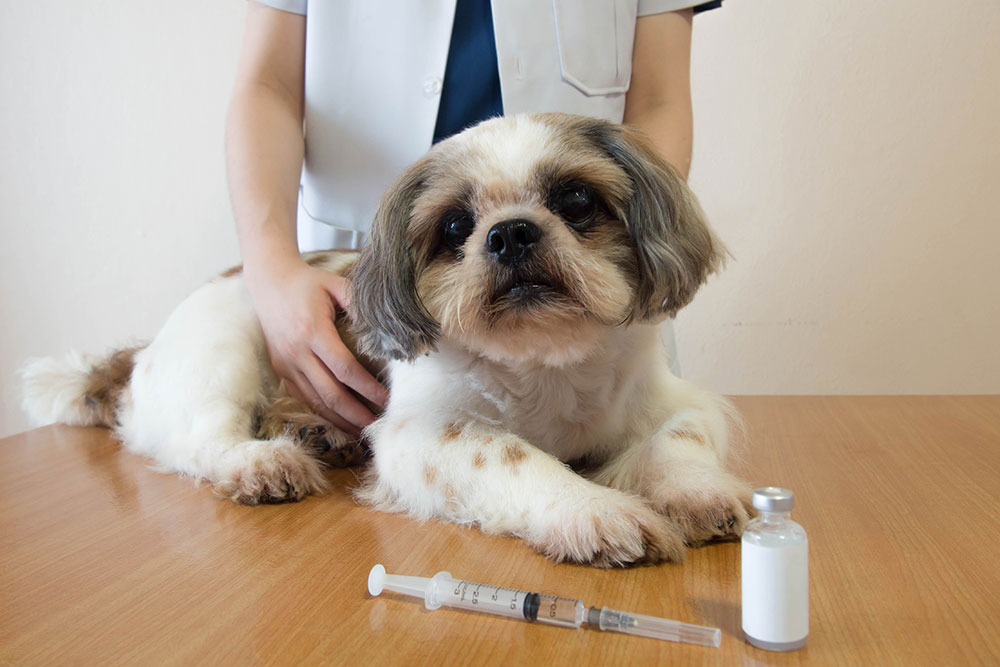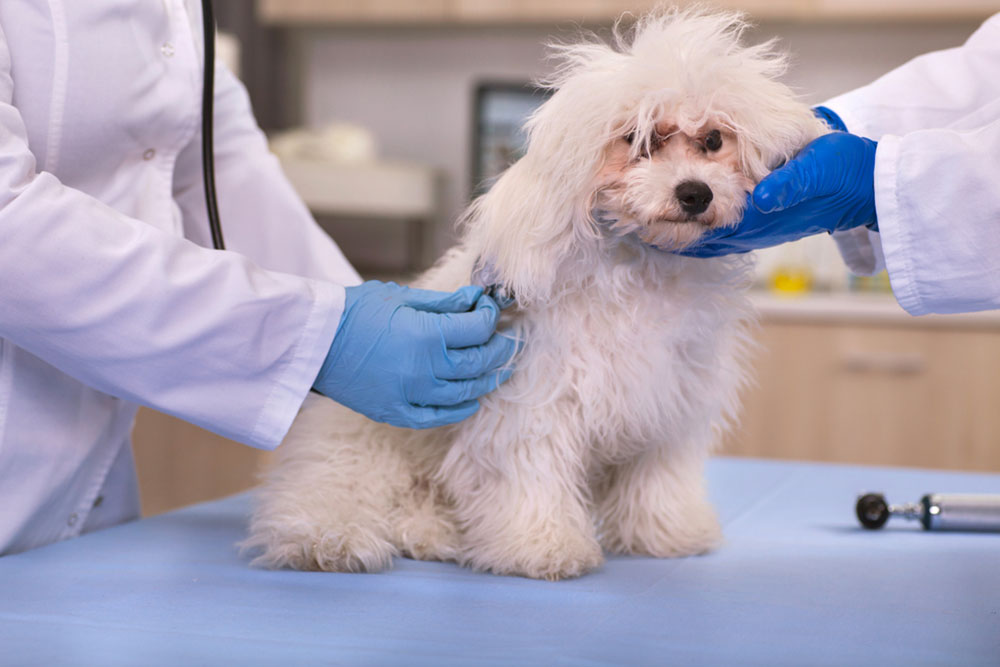Smart Strategies to Reduce Pet Medication Expenses
Discover effective ways to cut pet medication costs without compromising safety. Learn about generic drugs, compounding pharmacies, online stores, and the importance of veterinary guidance. These cost-saving tips will help you manage your pet’s health expenses efficiently while ensuring they receive the best care possible.
Sponsored

Caring for your pet involves ensuring their health and happiness, from nutritious meals to daily walks. However, veterinary bills, especially for medication, can add up quickly. The cost of pet medicines varies widely depending on the condition, and since ailments can strike unexpectedly, budgeting for treatment is essential. Often, pet owners rely on veterinarians to recommend the best options, but there are effective ways to lower medication costs without compromising quality.
For pet owners seeking savings, consider these practical tips after consulting your vet:
Generic Human Medications: Many pet drugs are similar to human medicines, such as fluoxetine for feline anxiety or sildenafil for canine pulmonary hypertension. These options are often more affordable and safe when prescribed by your veterinarian.
Compounding Pharmacies: These pharmacies prepare medications in customized forms and dosages tailored to your pet’s needs. They are especially helpful for pets that resist pills or require topical or transdermal treatments. Your vet can recommend competent compounding pharmacies to ensure safe and cost-effective medication preparation.
Specialized Pet Compounding Services: Some pharmacies focus solely on veterinary compounds, working directly with veterinarians. They provide medications in various forms, including flavored chews or topical applications, which can make administering treatments easier and more affordable.
Online Pet Pharmacies: Trusted online stores often offer discounts, coupons, and bulk purchasing options. When buying online, verify the authenticity of medications by checking manufacturer details, expiration dates, and licensing to avoid counterfeit or unsafe products. Consult your vet to identify reliable sources that deliver directly to your home or veterinarian’s office.
Though your vet should always be the primary source for medication, applying these strategies can help reduce expenses while ensuring your pet’s safety. Never purchase medications without veterinary approval, as incorrect dosages or counterfeit products can harm your pet. Regularly monitor your pet's medication supply and consult your veterinarian for early detection of health issues, helping you stay prepared and keep your furry friend healthy and happy.






